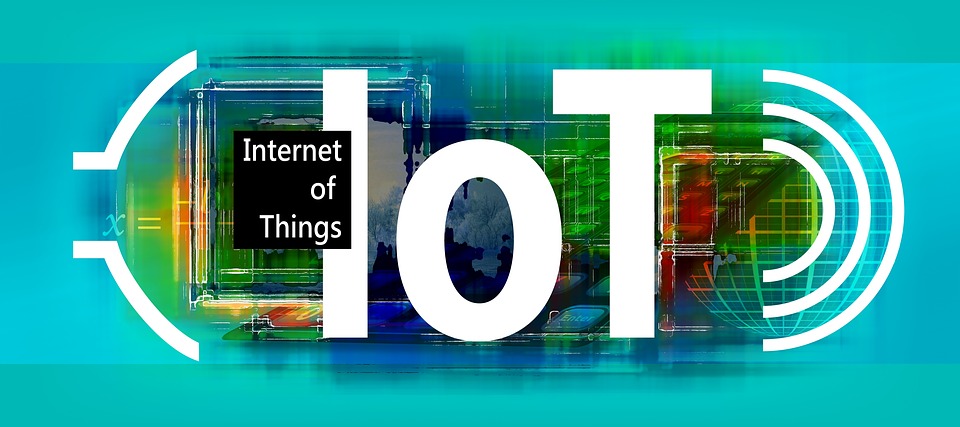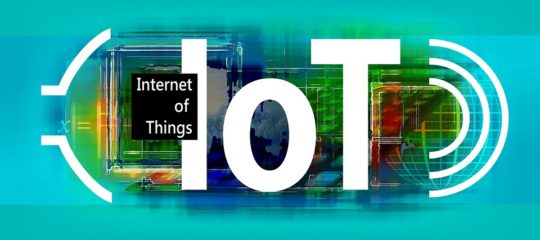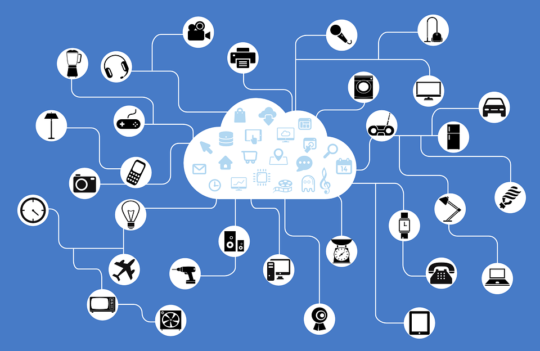The internet of things (IoT) is getting us connected like never before, but with its increase in popularity, the security challenges are intensifying.
With IoT creating an unprecedented number of connections into our organizations, it’s no surprise that hackers are viewing it as a potential entry point as opposed to traditional routes such as email attachments or USB sticks. And, as IoT is such a new technology, the vast majority of users aren’t as well schooled in the accompanying security challenges.
If you can understand these security challenges, though, you’re maneuvering your organization into a highly advantageous position. You may be wondering what the main security challenges that IoT faces are, so let’s take a look!
- Updates aren’t always automatic – PC updates never used to be automatic and this used to leave them open to attack. Thankfully, software/hardware manufacturers quickly realized the importance of this and built automatic updates into their products. Although this approach still relies on human compliance to authorize, it’s highly effective. With IoT devices, however, there’s such a rush to bring out new products mean that firmware updates are allocated little priority, so IoT devices can soon become unprotected.
- IoT devices are relatively simple – Many IoT devices are limited in their capabilities, be it in terms of storage or memory. Whilst this allows them to remain compact and low cost, it also leads to a lack of room for security. As a result, they become susceptible to security attacks and the chance of adequate encryption being in place is unlikely. Therefore, it’s crucial that extra security steps are put in place such as specific networks with dedicated firewalls to help house these IoT devices.
- More devices mean more monitoring – The amount of devices which can make up the IoT is staggering, but it also means that there’s an increased security risk. With all these entry points in your organization’s networks, the amount of data which needs monitoring is going to increase dramatically. And this means that you need to monitor the data coming in and out of your organization much more closely. Leading to increased labour and technology costs, this is one of the most pressing challenges presented by the IoT.
- Predicting and preparing for attacks – Advances in technology mean that more and more devices are entering the IoT market which, on one hand, means accessibility for almost anything you can think of is possible but, on the other hand, it’s making threat detection more difficult. Pinpointing exactly how a hacker will abuse an IoT device is difficult – will they use it as a stepping stone into your network? Will they simply misuse the device? Or a bit of both?
These challenges could easily be misinterpreted as a list of reasons why you shouldn’t get involved with the IoT, but this couldn’t be further from the truth. Instead, these are challenges which, if tackled correctly, can help your organization get the best out of the IoT. Sure, there’s going to be a level of investment and new structures to consider, but what price can you put on progress?
For more ways to secure and optimize your business technology, contact your local IT professionals.









